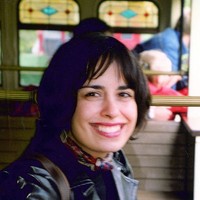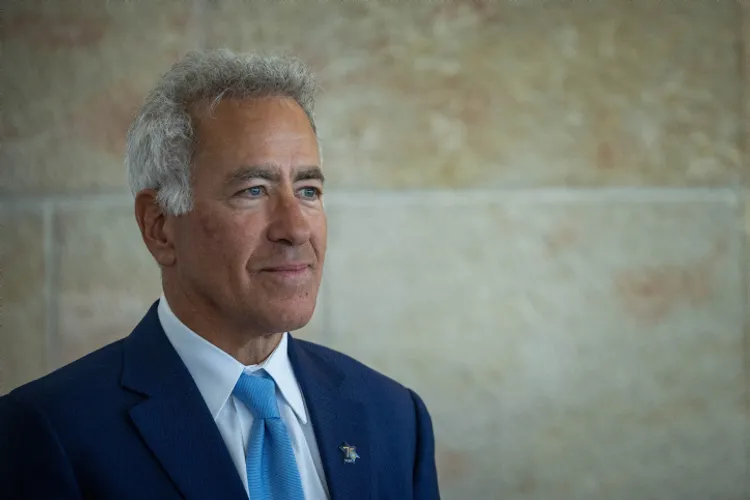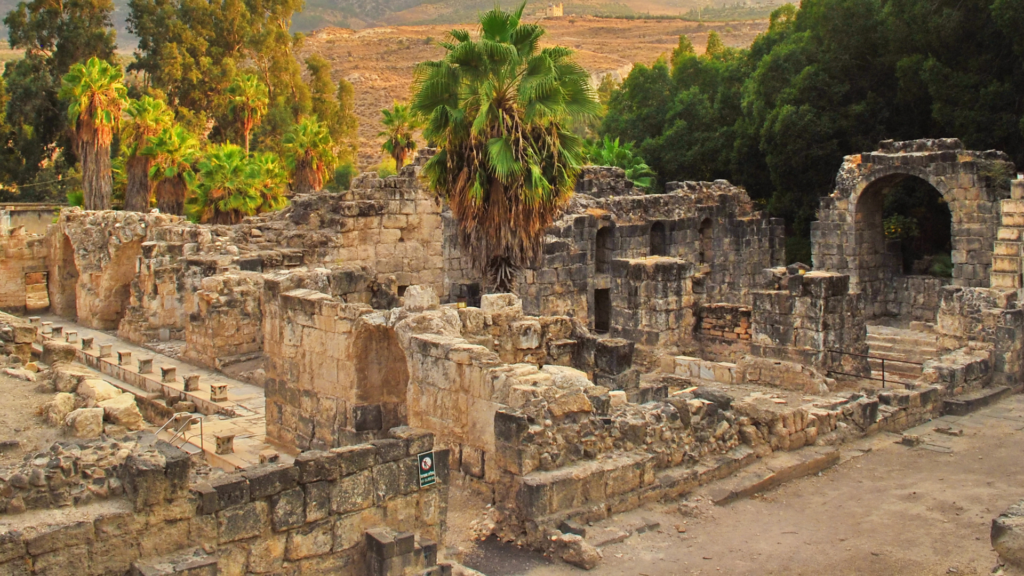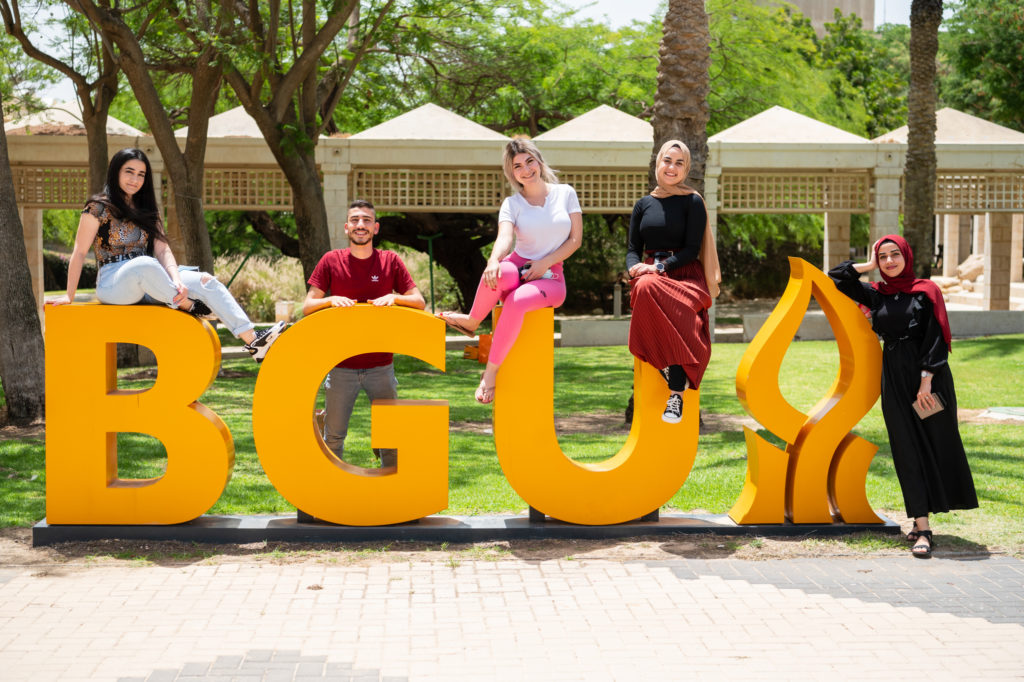
Picturing Cold Increases Cognitive Control
Picturing Cold Increases Cognitive Control
April 10, 2017
Press Releases, Social Sciences & Humanities
Ben-Gurion University of the Negev researchers have demonstrated that the perception of cold temperatures elicits greater cognitive control, even from a photo.
“Metaphorical phrases like ‘coldly calculating,’ ‘heated response,’ and ‘cool-headed’ actually have some scientific validity, which we demonstrate in our study,” says lead researcher Dr. Idit Shalev of the BGU Department of Education. Dr. Shalev conducted the research with Prof. Nachshon Meiran of the BGU Department of Psychology and their Ph.D. student, Eliran Halali, now of the Department of Psychology at Bar-Ilan University.
“Previous research focused on the actual effect of temperature on the psychological phenomenon known as ‘cognitive control,’” says Dr. Shalev. “But this is the first time we were able to measure the effects of perceived temperature.” The study, “Keep it Cool: Temperature Priming Effect on Cognitive Control,” was published in Psychological Research.
Cognitive control is the ability to deliberately inhibit responses or make choices that maximize the long-term best interests of the individual. For example, when a person is very hungry and sees a sandwich but does not eat it, he is exhibiting cognitive control.
The researchers conducted two experiments for the study. In the first, 87 students performed an “anti-saccade task,” which requires looking in the opposite direction an object is moving in and measures cognitive control. In the second experiment, 28 students were shown images of winter scenery, a temperature-neutral concrete street and a sunny landscape, and told to picture themselves in those settings.
“The result indicated that those viewing the cold landscape did better and that even without a physical trigger cognitive control can be activated through conceptual processes alone,” says Dr. Shalev.
The researchers state there is a possible explanation for the relation of temperature and cognitive control with social proximity. “While signals of warmth induce a relaxed attitude, cool signals trigger alertness and a possible need for greater cognitive control.”
ABOUT AMERICANS FOR BEN-GURION UNIVERSITY
By supporting a world-class academic institution that not only nurtures the Negev, but also shares its expertise locally and globally, Americans for Ben-Gurion University engages a community of Americans who are committed to improving the world. David Ben-Gurion envisioned that Israel’s future would be forged in the Negev. The cutting-edge research carried out at Ben-Gurion University drives that vision by sustaining a desert Silicon Valley, with the “Stanford of the Negev” at its center. The Americans for Ben-Gurion University movement supports a 21st century unifying vision for Israel by rallying around BGU’s remarkable work and role as an apolitical beacon of light in the Negev desert.
About Ben-Gurion University of the Negev
Ben-Gurion University of the Negev embraces the endless potential we have as individuals and as a commonality to adapt and to thrive in changing environments. Inspired by our location in the desert, we aim to discover, to create, and to develop solutions to dynamic challenges, to pose questions that have yet to be asked, and to push beyond the boundaries of the commonly accepted and possible.
We are proud to be a central force for inclusion, diversity and innovation in Israel, and we strive to extend the Negev’s potential and our entrepreneurial spirit throughout the world. For example, the multi-disciplinary School for Sustainability and Climate Change at BGU leverages over 50 years of expertise on living and thriving in the desert into scalable solutions for people everywhere.
BGU at a glance:
20,000 students | 800 senior faculty | 3 campuses | 6 faculties: humanities & social sciences, health sciences, engineering sciences, natural sciences, business & management, and desert research.
For all press inquiries, please contact:
James Fattal, J Cubed Communications
516.289.1496




